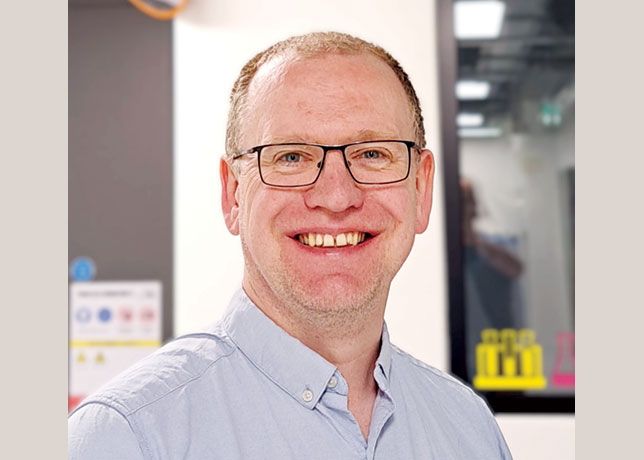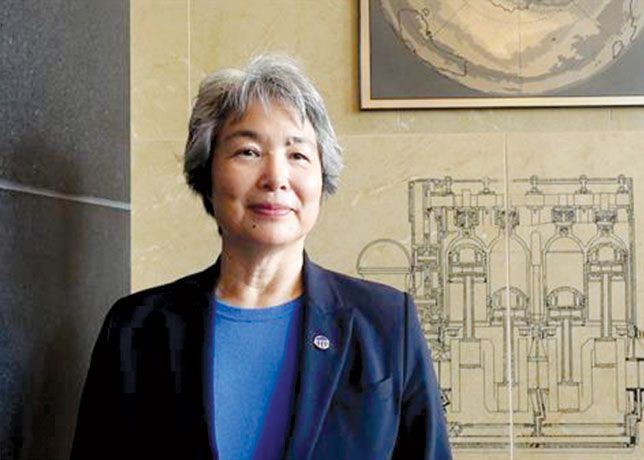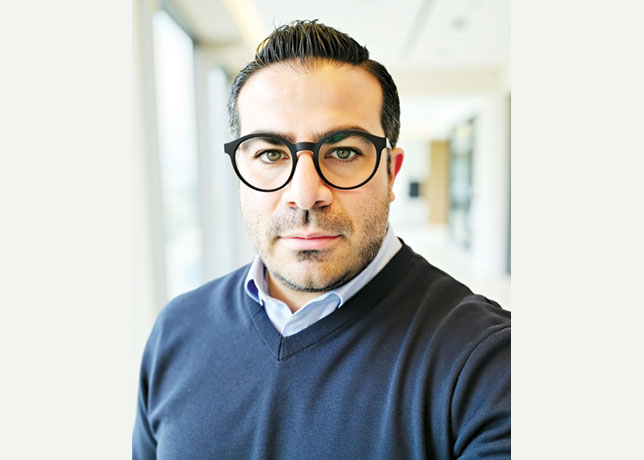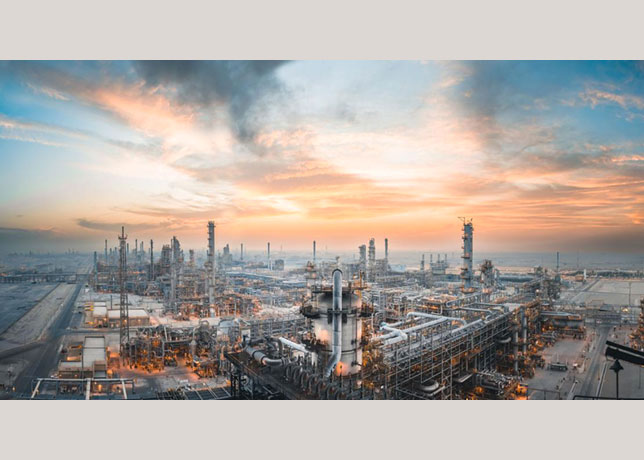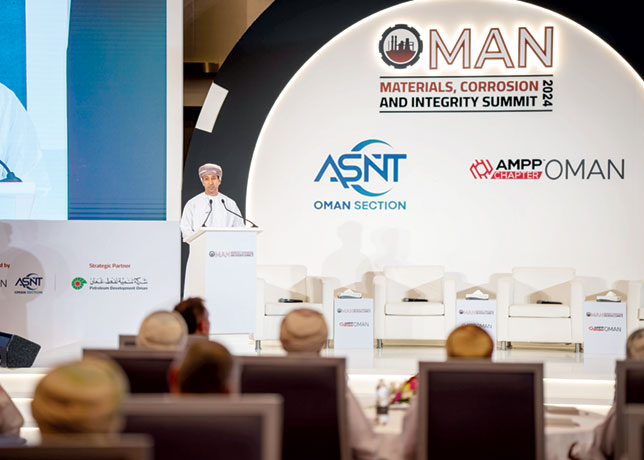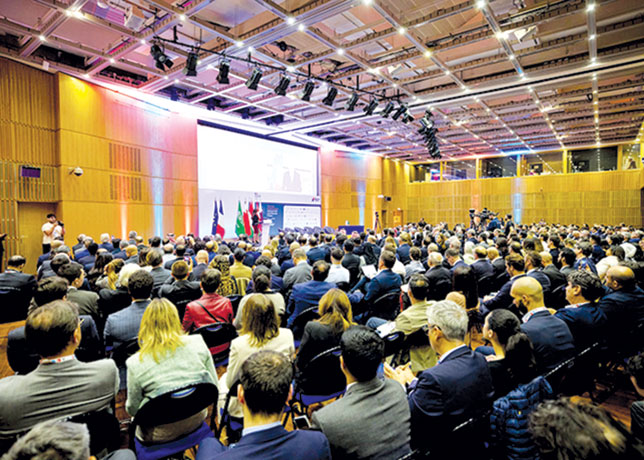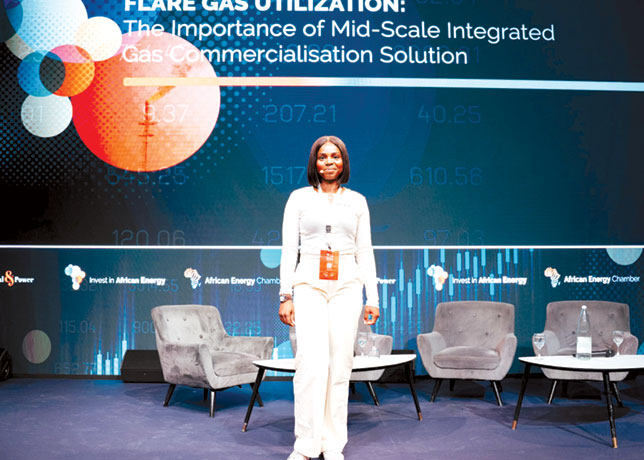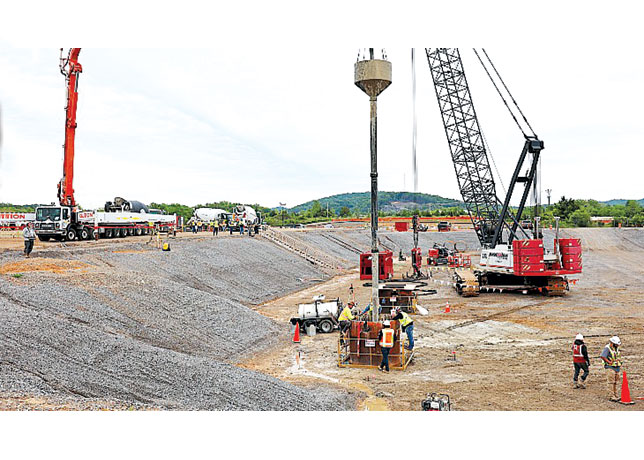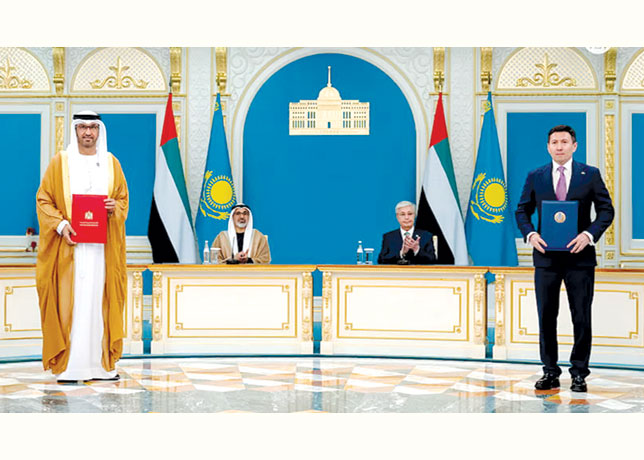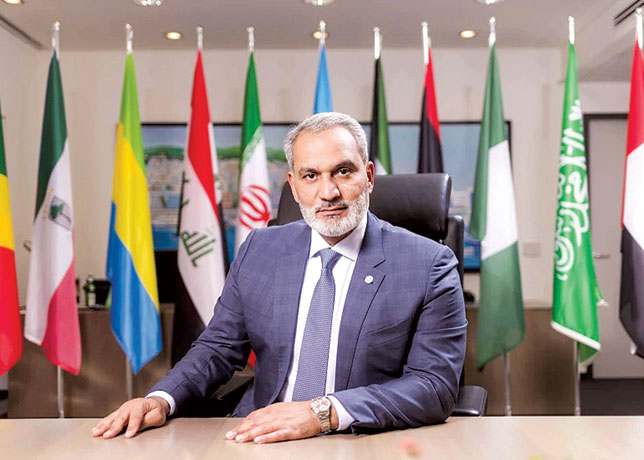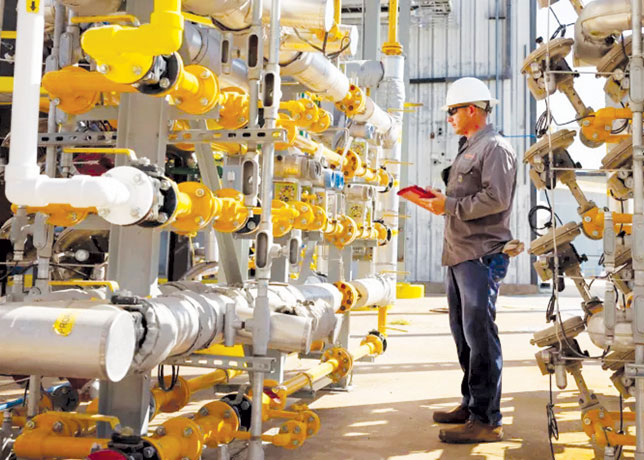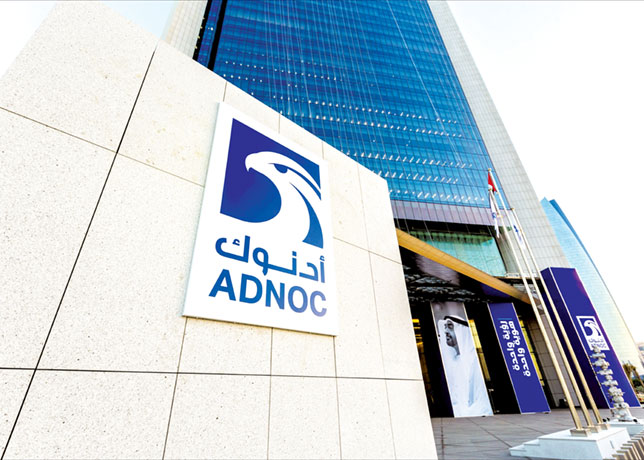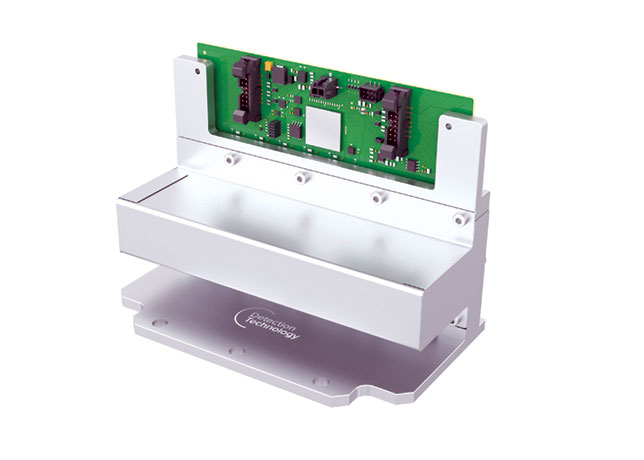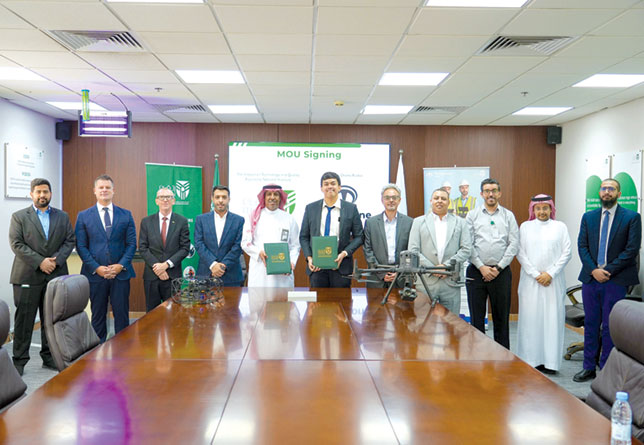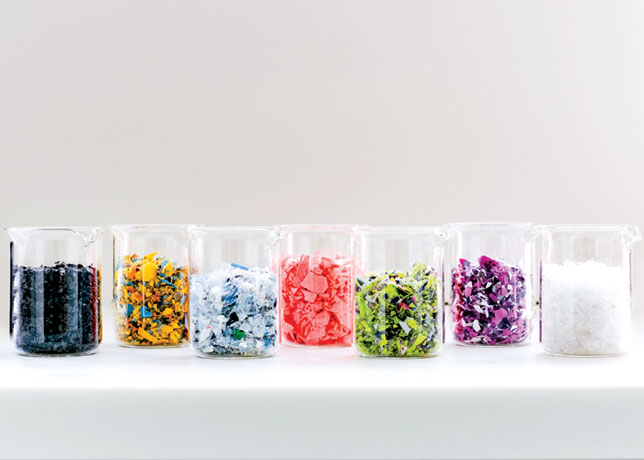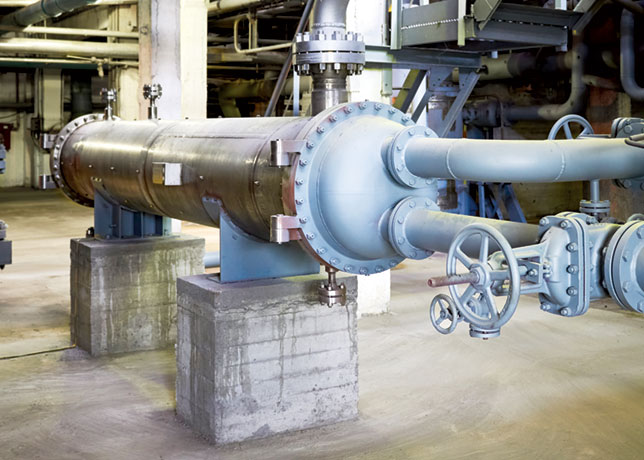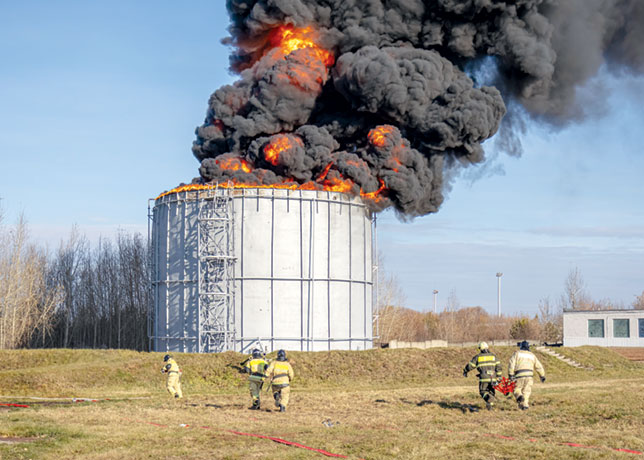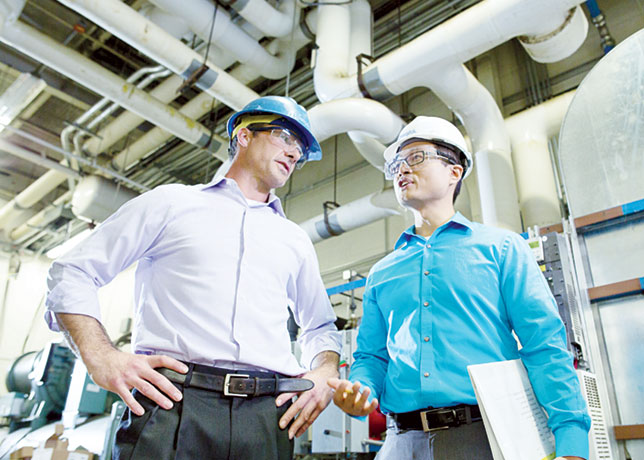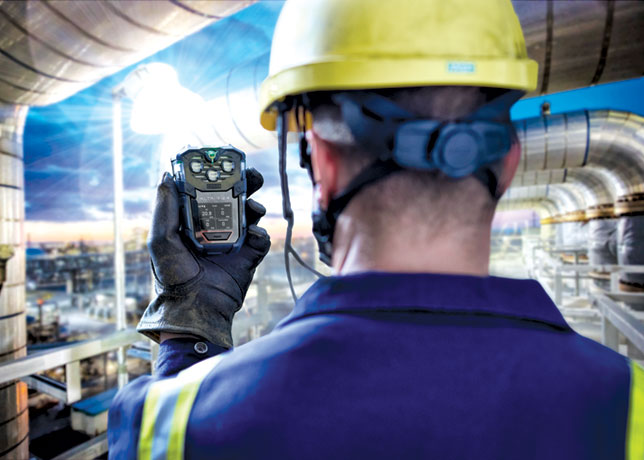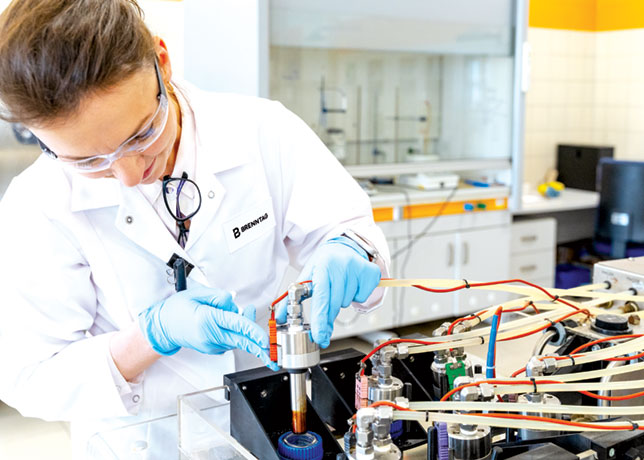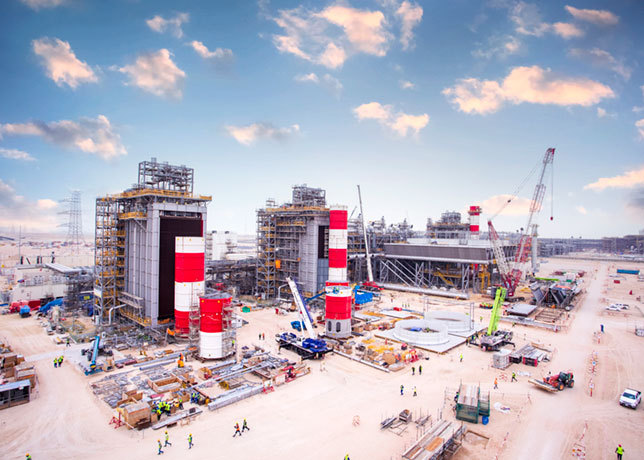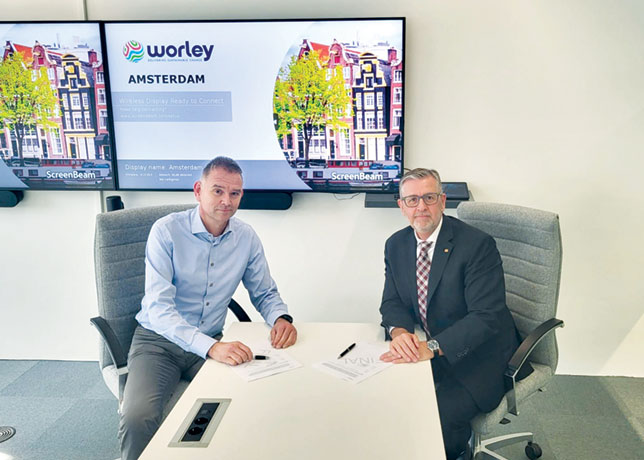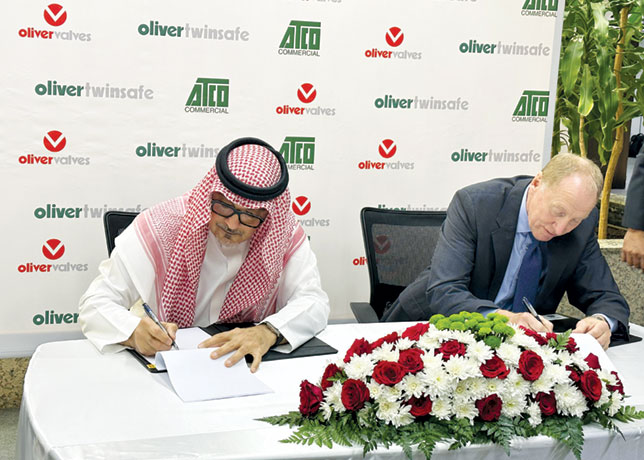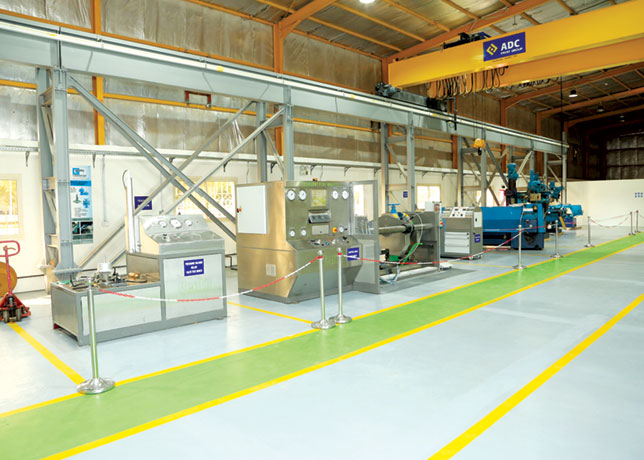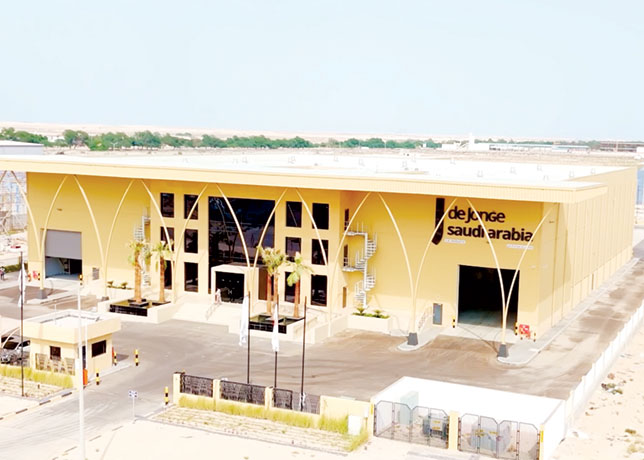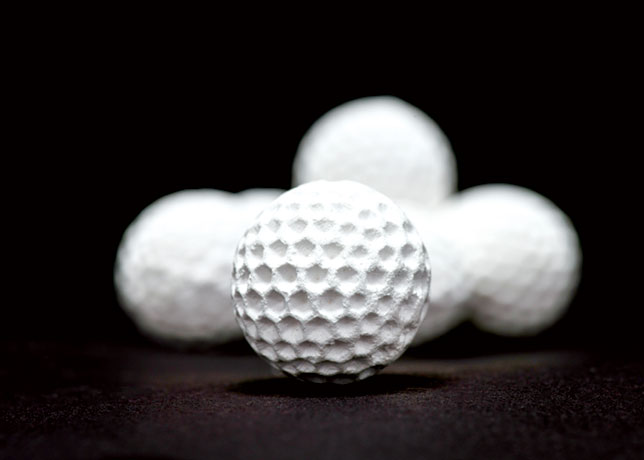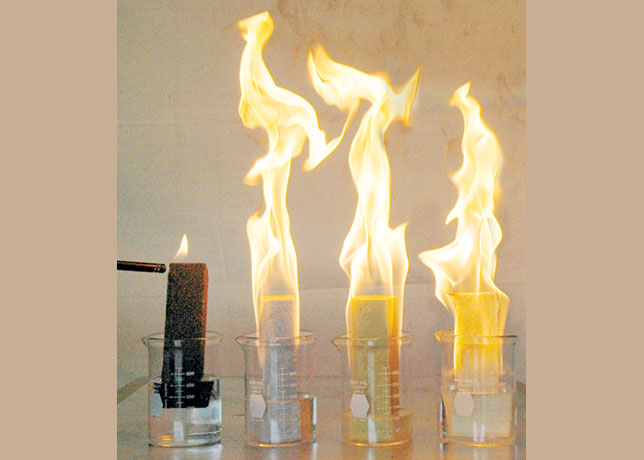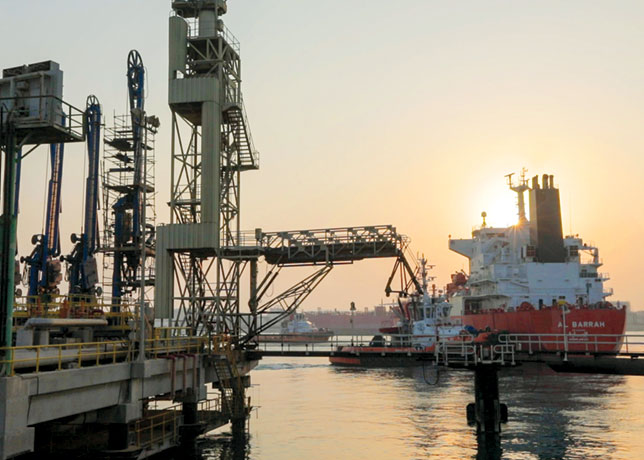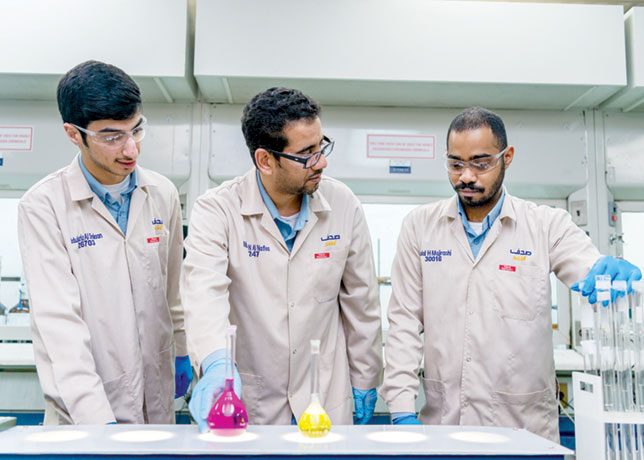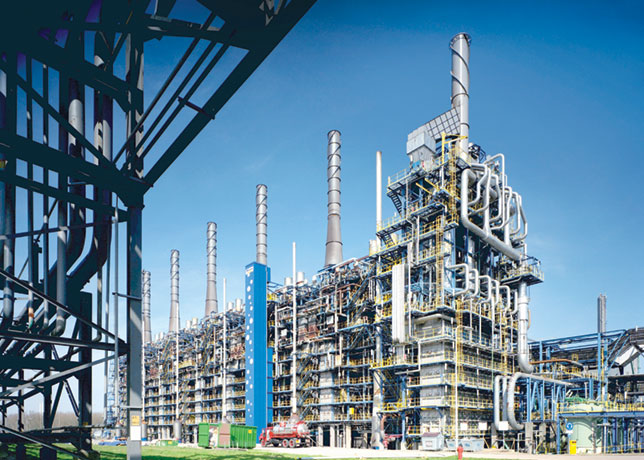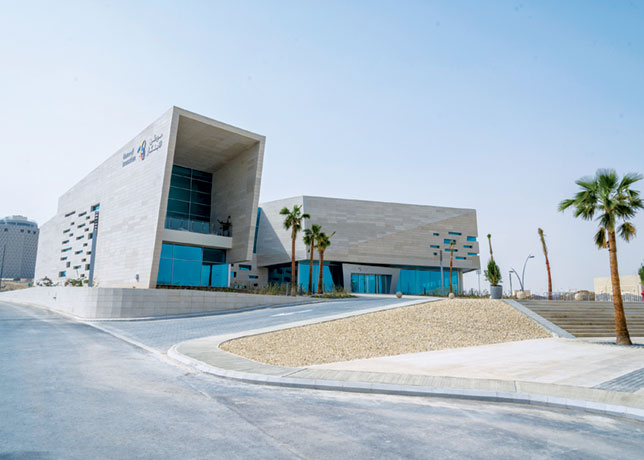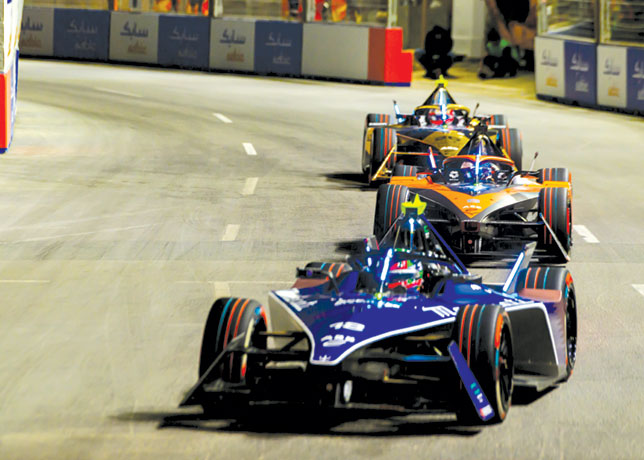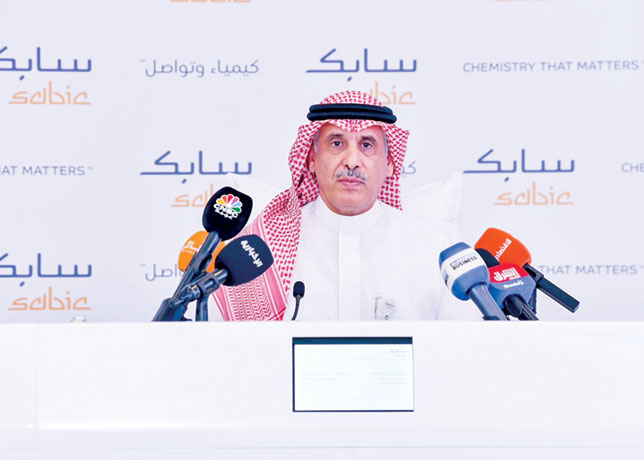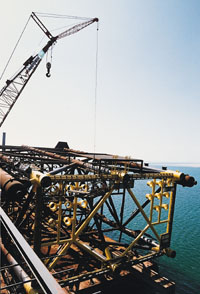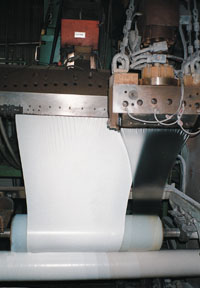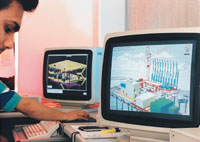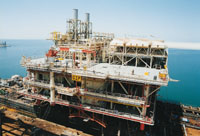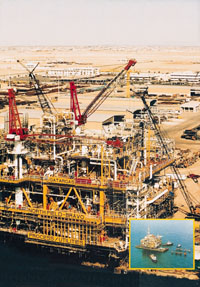
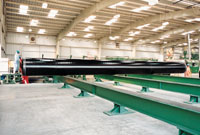 view of polyolefin (FBE/PE/PP) coating plant
view of polyolefin (FBE/PE/PP) coating plant
Engineering is one of NPCC's largest sections, comprising more than 200 staff and, according to the company, is the only contractor in the Gulf capable of providing its clients with a total service, from basic design through detailed engineering, fabrication and construction to installation, all from one site.
NPCC first became involved with engineering, procurement and construction (EPC) in 1992, when it was awarded the design of a sulphur jetty in Ruwais by Adgas. In 1995, contracts by Elf Qatar (for the Al Khalij Field Development Phase 1) and by Adma-Opco (for the Umm Shaif Arab D development) were also awarded on an EPC basis.
Until that time, NPCC had worked as the Construction Contractor linked to an Engineering Contractor who produced documents at the Approved for Construction (AFC) stage. NPCC's principal involvement then was in carrying out Construction Engineering, and completing the 10 per cent of detailed engineering not finalised by the Engineering Contractor.
The award of these EPC contracts meant new responsibilities for NPCC. No longer would the company rely on the Engineering Contractor to produce AFC documents for construction to be done; now all detailed engineering could be done in-house under NPCC control.
The success of these two projects led to other awards. In 1996, Adnoc awarded NPCC the Ruwais LPG Blending and Storage contract, the first onshore EPC project carried out by NPCC.
Also in 1996, Maersk Oil Qatar awarded NPCC the first phase of the Al Shaheen Field Development Project (package 1). The scope of work included an EPC contract for three flare towers and booms, complete with bridges. The 150m long single span bridges and the 80m long flare booms were designed completely by NPCC Engineering. Basic design of the flare liquid knock-out drums, and the flare tips themselves, was carried out by the NPCC Process Engineering discipline.
As a further development of the Al Shaheen field, package 2 was awarded to NPCC as an EPC contract. The package consisted of production facilities and accommodation platform.
The production facilities were sized to handle a throughput of 180,000 barrels per day (bpd) of oil, with separation systems and a water injection system.
Due to the size and complexity of the process design of the production facilities, NPCC invited ABB Lummus Global to act as an Engineering Partner in a consortium agreement. ABB carried out the engineering work on the production facility topsides while NPCC carried out the engineering of the jackets, cellar decks and the accommodation module.
NPCC is one of the largest industrial users of AutoCAD in Abu Dhabi, and also uses Intergraph PDS stations for 3D modelling. Engineering software covers Process Simulation and STRUCAD for fabrication design to padeye design with stress-related programmes such as SACS, STAAD III and Triflex.
The Engineering section works approximately 500,000 man-hours per year. Technical staff are organised into disciplines such as Structural, Piping, Civil, Pipelines, Electrical and Instrumentation, Mechanical, Tanks and Pressure Vessels and Process.




